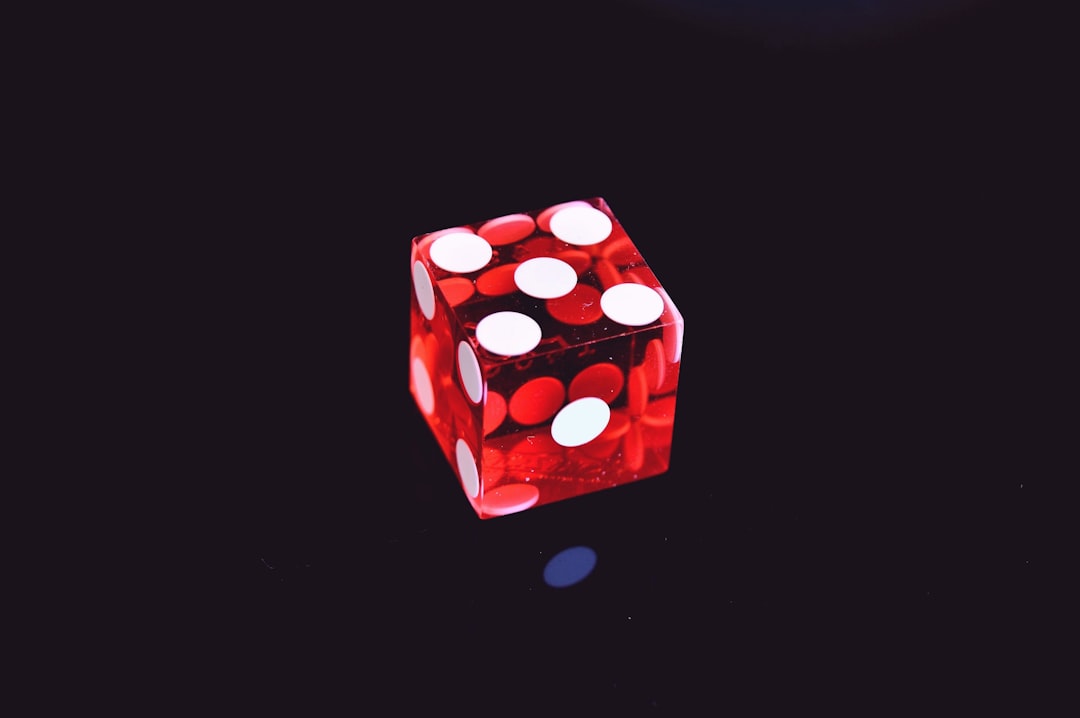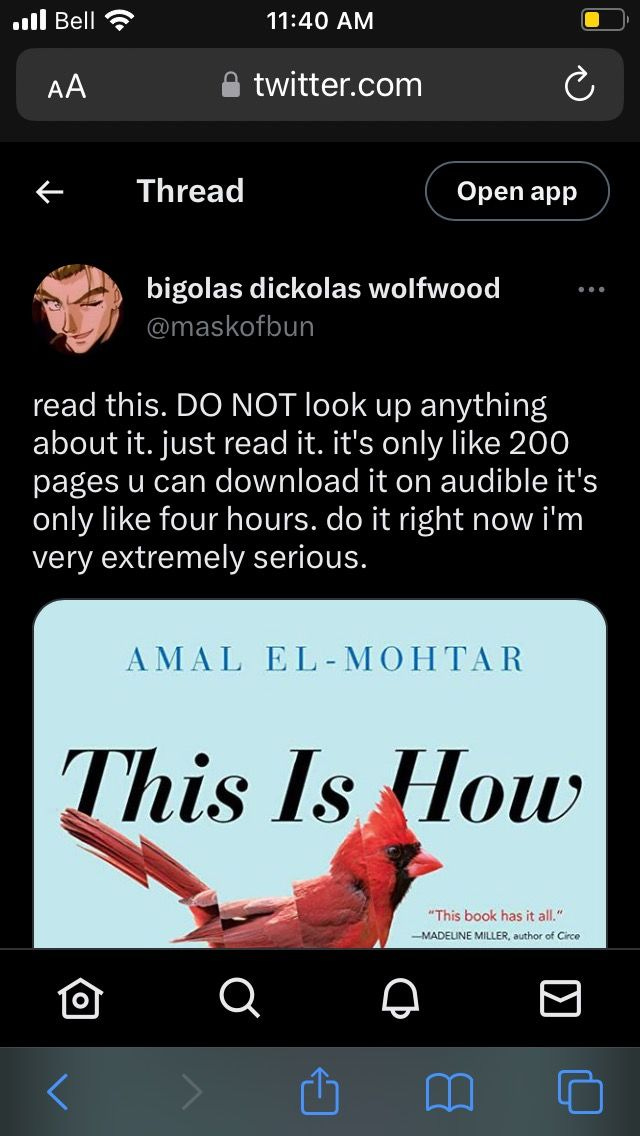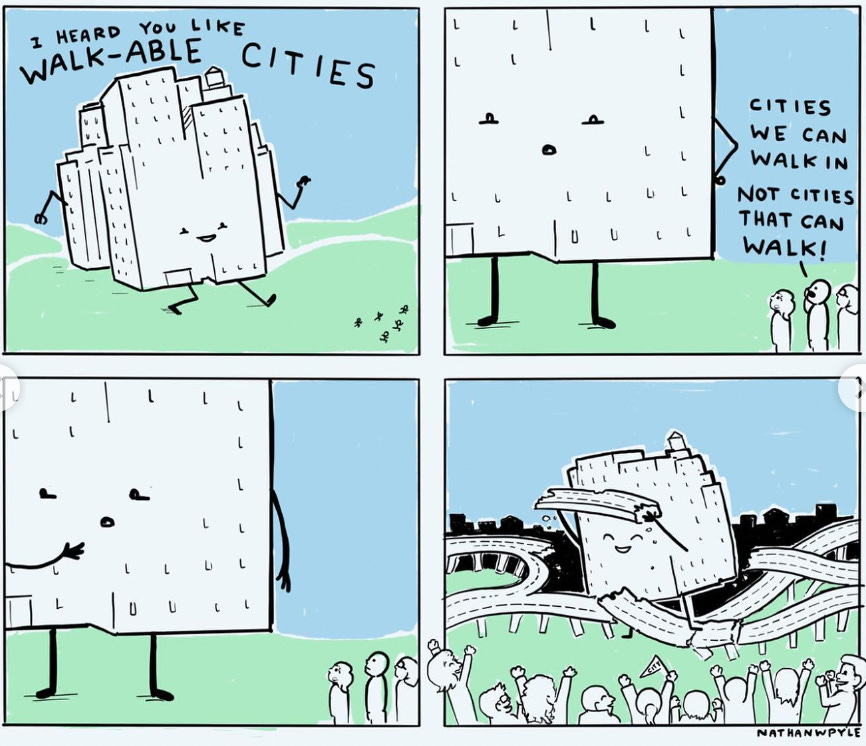On Luck, Love, and a Viral Time-Travel Romance With Bigolas Dickolas
Also: Smarter Traffic Lights, More Programmable Royalties, and Hatchie + George Clanton
I’ve been thinking a lot about luck, lately. In October, I’m getting married, the culmination of a series of unlikely and serendipitous events that somehow transpired for my fiancee and I to meet back in 2018. My life, forever altered by a string of unlikely decisions I did and did not make (one day, I’ll perhaps share it more publicly).
…and then, this week, the Internet coughs up Bigolas Dickolas promoting a sci-fi romance novel called “This Is How You Lose The Time War”, sending the book to #3 on the Amazon best-seller list.
It’s something that so beautifully encapsulates the chaos of distribution in our era, and something that we wish could happen to any of us as creators. We also know the inverse: finding amazing songs, books, that feel like it should be more popular. It just needs some unknown cocktail of happenstance: a Bigolas Dickolas tweeting about it to get it into the popular psyche.
That’s something you eventually pick up as a creator. You see it in the works of others, and then trying to hide from the shadow of an impostor syndrome, hope that the work you create is also just one viral tweet away from #3 on the Amazon Best-Seller list. No matter how hard you work and how much effort you put in, sometimes, it truly is, just about being in the right place at the right time.
But, is it?
There’s the cliches of luck: the more dices you roll, the more likelihood of a win. It’s perseverance that gets you over that line. One day, you’ll arrive. It makes sense. Learn from your failures and keep going. That’s in part what made me prepared when I did get lucky in meeting my fiancee. After a string of unhappy relationships, I did what I knew best: I read about love and then talked about it. You learn every day, and hope to continue to do so, even after when we say: “I do”.
But, is that all there is to luck? That still feels unsatisfying. Do we just keep trying as hard as we can, learn from our failures, and then hope to finally get the dice to roll in our favour? I would love to live in a world where we can all get luckier. Luckier in love (for all involved). Luckier in having the stories that make us feel something get in the hands of more people. Why did it take for Bigolas Dickolas to tweet about “This Is How You Lose The Time War” for it to get to #3?
It tells me that besides the fundamentals (be a good person, or write a good book), that there’s more to it. I don’t know what the answers are, but I have an idea.
There’s a realisation that popular media behaves more like a language. We use it to connect with each other, particularly in this era where the internet has replaced many previous relationships. It’s the “Are you watching Succession?” at the networking event. It’s the “Dude, how heartwrenching is the latest Guardians of the Galaxy movie?” at the barbecue. It’s the “IM SO HYPED” to your brother about the new Zelda game. It’s the head-bopping to the new Harry Styles in the coffee shop, sharing a smiling glance with a stranger.
The feeling is, is that popular media is like musical chairs, not necessarily because of a handful of large distribution channels, but our collective psyche wants there to be fewer big things so that we can all talk about it. Veering off into the niche happens because we feel something that isn’t captured by the big middle. It comes at a trade-off: a longer search for a deeper connection.
And there it is: luck, feels like, it favours the stories that at that point in time, allows us to have more conversations. And a part of that comes from whether the story itself has the gravitas to carry its own self. Perseverance, thus, is also in part, a story. It tells the reader/viewer that there’s a story here. If you’ve written 20 novels, it’s just more likely that 21st novel will be something that can be talked about, because there’s 20 novels backing up the meta story. In a sense, it’s why the middle is often hard for a creator. The first thing is newsworthy, “the debut novel”, and the 21st novel is newsworthy, but “the 3rd novel” is less so.
Priming for luck, thus entails at the baseline: show up, learn, do. But, a multiplier exists in the form of understanding what any dice roll can do for others, in terms of having them foster a connection to people around them. Can they take what you create and not just make them feel something, but have that work become something they identify with to such an extent that they want to share it with others? How you do that in practice, I’m not sure. One example is Bigolas Dickolas. I’ve ordered “This Is How You Lose The Time War”. I’m excited to read it, and the meta story that led me here, is great.
Another is, perhaps, love, maybe showing us a way. A relationship is a continuous piece of work over years and years. When we put care and love into it, learning over time, it becomes its own story that we share day-by-day with others. It hopefully becomes a beacon for the people in and around it. To our family. To our friends. To our community. May we all be lucky to experience that.

The Safer Traffic Lights in Quebec
Here’s a really novel take on the traffic light. It stays green if you drive within the speed limit. In this case, it’s for a school zone, so not used for an intersection. Still, it’s a smart way to ensure that drivers stay within the speed limit in a specified zone.
I wondered if it could actually be extended to intersections too, and I bet it can. From the article:
Many traffic lights are already equipped with cameras, sensors, and wireless connections: imagine a citywide network of traffic signals that can detect a speeding driver, or someone parking illegally in a bus lane, to prioritize red lights for dangerous drivers across the entire city.
I like these kinds of incentives in city design, because instead of punishing behaviour after it happened, we pre-empt. The individual best choice is also pro-social. I wonder if there are other good examples of this?
Walkable Cities
Who doesn’t like walk-able cities? Let’s tear down the highways. 😅
Algorithmic Neoplasticism
I love Neoplasticism. I love algorithmic art too. This article by Antonio Chinchon experiments with this, using R. It comes from algorithm first designed to express plant growth. Fun!
Any fun generative art you’ve seen recently?
ht Joel.
Hollywood and Mature Labor Power
I’m really enjoying all the takes of the ongoing Hollywood Writer’s Strike. The solidarity is heartwarming. Cory Doctorow wrote about some of the history of writer strikes, including the strike against agents (which I did not know about) a few years back.
If you have any more interesting takes to share on the writer’s strike, please share!
Voice Spawning from a 50-100k Choir
I’ve always enjoyed the experiments that Holly Herndon has done surrounding music and AI. Here’s a short video of live audio style transfer from an AI model trained on thousands of fans singing back.
The cherry on top is how considerate they’ve always been on ensuring that the sources are also ethical: asking for consent from the audience to record.
ERC721-C Onchain Programmable Royalties
I’ve written in the past why NFT Royalties Matter.
The most important reason is, is that having royalties gives us MORE options to do different kinds of creative arrangements. The ERC721-C standard is another take on trying to enforce it by essentially allowing much more granularity on transfer rules. It allows set up of allowlists and/or restrictions on whether accounts are smart contracts are not.
I’m not sure this is the right answer. I’ve been annoyed at the way OpenSea and Blur raced to the bottom on royalties by playing a game of excluding certain operators from transferring NFTs. But, it’s at least more flexible in this regard. If trade-offs are to be made, at least make it a decent standard.
I enjoy the idea that the royalties itself can be transferrable. It’s like Zora’s fee switch being an NFT itself.
Hatchie - The Rhythm (George Clanton)
I love unexpected remixes from two artists that I love. Here’s a jungle-esque retake of Hatchie’s “The Rhythm.” Electro dream-pop 90s jungle mashup. Enjoy!
That’s all for this week. Enjoy a sunset (and the new Zelda!)!
Simon




